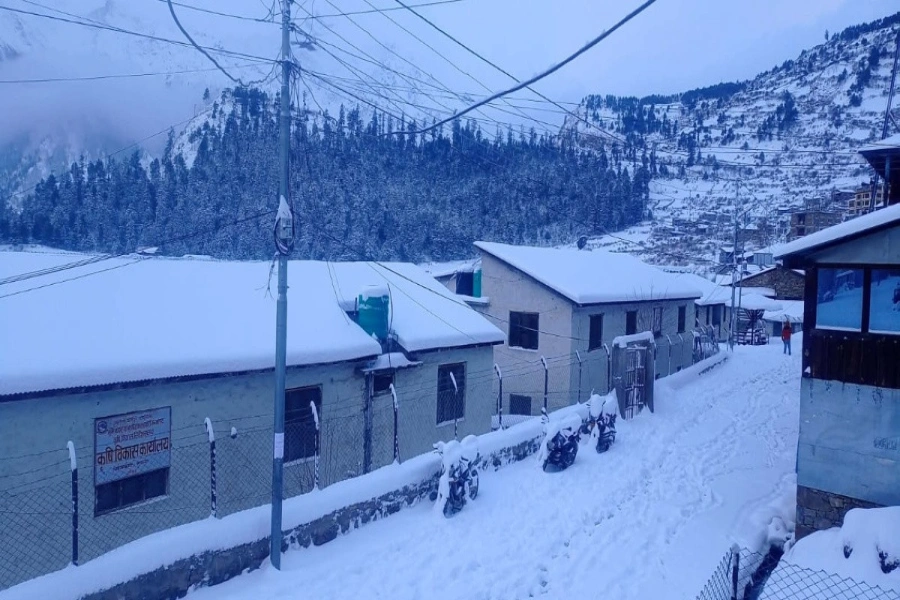DPMs’ visit to India and China
One of the major concerns over Pushpa Kamal Dahal’s second innings in Singha Durbar has been how his government will handle the relations with our immediate neighbors—China and India. There is some ground for this concern. Nepal’s relation with southern neighbor had hit new low after last year’s economic embargo and had led Nepal to sign trade and transit agreement with China. This move has been rightly hailed as a move towards diversifying country’s trade and lessening our one-country dependence. Following the change of the government, there is a doubt that agreements with China will ever materialize. In this context, the decision of the new government to send Deputy Prime Minister Bimalendra Nidhi to India and another DPM Krishna Bahadur Mahara to China as PM’s special envoys could prove to be a step in the right direction to improve frayed relations with India and to continue our engagement with China further. We have, time and again, emphasized that our relations with immediate neighbors should not be at the cost of another country.
It should be admitted that KP Oli’s government was not very successful in mending ties with India even in the aftermath of five-month economic blockade. His public rhetoric had not helped in clearing the misunderstandings with India even towards the end of his premiership. The level of mistrust remained high, and communications at the highest levels of government were minimal. DPM Nidhi’s proposed visit to India should be taken as an opportunity to establish direct channels of communication between the two heads of government. Moreover, Nidhi should clearly articulate Nepal’s ongoing efforts to amend the constitution to address some of the demands made by agitating Madheshi forces. His visit should pave a smooth ground for PM Dahal’s visit to India in the near future.
Tasks are cut out for DPM Mahara as well. He should reaffirm with China Nepal’s commitment to implement the trade and transit treaty signed during PM Oli’s visit. More importantly, Mahara should also assure the Chinese government of Nepal’s readiness to welcome President Xi Jinping to Kathmandu in October this year. Mahara should make it clear to the northern neighbor that Nepal doesn’t reach out to Beijing only when our relations with India sours and remove skepticism in Chinese leadership on commitments from Nepali leaders.
Nepal finds itself stagnated in the middle of two rapidly growing global economies. It is time for us to reach out to both the countries in order to connect and help Nepali businesses expand. Nepal can only benefit from the two giant markets if it is able to bring onboard both India and China on connectivity issues. Our history is replete with stories of smart moves by our leadership when it comes to balancing relations with India and China. It is strategically impossible for us to ignore one of the two neighbors and play cards between them. Our hope is that the leaders in Kathmandu will show maturity when it comes to dealing with the neighbors, and not repeat the mistakes of the past. Nidhi and Mahara should lay the new foundation of trust with India and China during their trips to Delhi and Beijing respectively.
Nepal urges its neighbors including China to respect new politi...








































